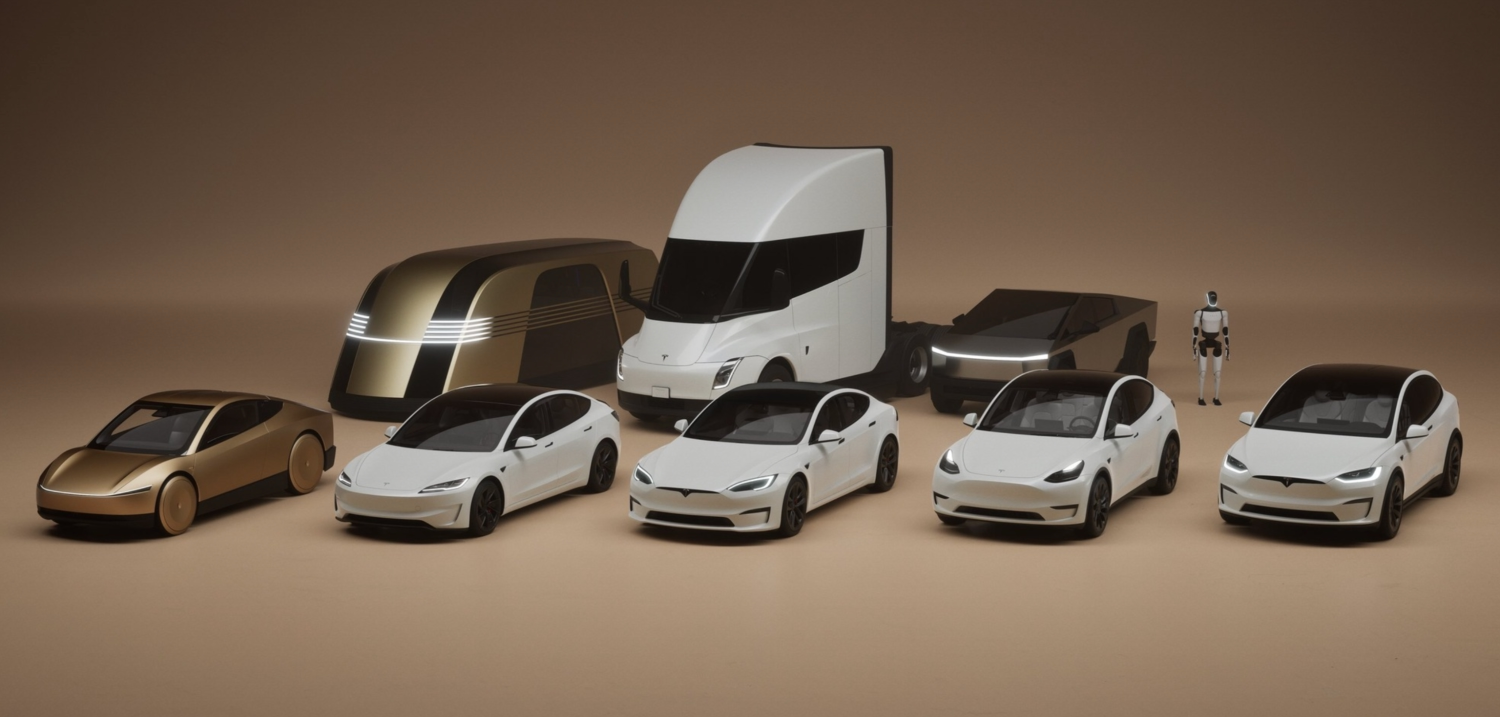Tesla is preparing to resume shipments of key components from China to the United States later this month for the production of its upcoming Cybercab and Semi truck models, according to a source with direct knowledge of the matter.
The decision comes on the heels of a U.S.-China agreement to ease trade tensions, marking a significant shift in business dynamics between the world’s two largest economies. The agreement, reached in Geneva over the weekend, resulted in a truce that includes rolling back the majority of tariffs and other retaliatory measures.
This development, reported exclusively by Reuters, signals an immediate positive effect on international business operations, particularly for Tesla, which had recently paused shipments due to escalating tariffs. Last month, the U.S. raised tariffs on Chinese goods to 145%, prompting concerns that Tesla’s timeline for launching the highly anticipated Cybercab and Semi models could be derailed.
The source, who spoke on condition of anonymity due to the sensitivity of the matter, cautioned that the situation remains fluid, noting that the Trump administration’s trade policies have proven unpredictable.
Tesla has not yet responded to a request for comment.
The electric vehicle manufacturer aims to begin trial production of both models in October, with full-scale production slated for 2026. The Cybercab will be manufactured at Tesla’s Texas facility, while the Semi will be produced in Nevada. The company has previously announced its vision for the Cybercab as a fully autonomous robotaxi, designed without a steering wheel or pedals and priced below $30,000.
In parallel, Tesla plans to ramp up Semi truck production in 2026, fulfilling long-standing orders from corporate clients such as PepsiCo.
The reversal of trade restrictions marks a win for Tesla CEO Elon Musk, a vocal proponent of free trade who has criticized tariffs for hampering innovation and inflating manufacturing costs. During a recent first-quarter earnings call, Musk revealed that he personally appealed to former President Trump to reduce tariffs, though he acknowledged the final decision rested with the White House.
Tesla CFO Vaibhav Taneja echoed Musk’s concerns on the same call, noting that tariffs were disrupting capital investments, particularly by impeding the import of essential equipment from China needed to expand U.S. production lines.
The restoration of cross-border component shipments provides a crucial boost to Tesla’s production roadmap and underscores how swiftly geopolitical shifts can ripple through global supply chains.



